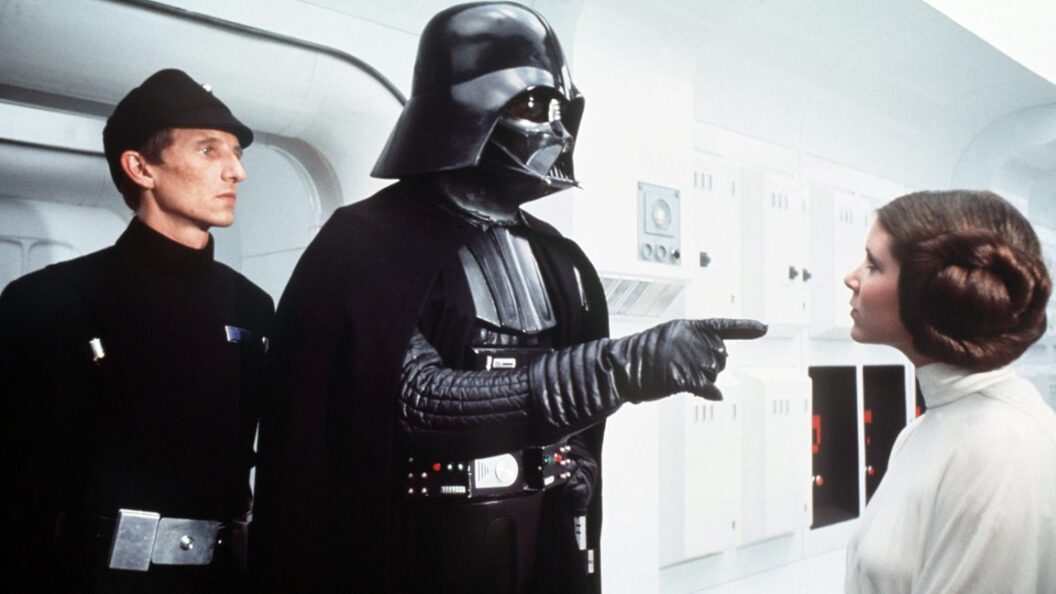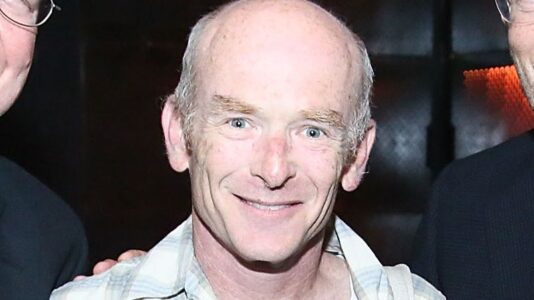Voice Actors vs. AI: A New Frontier in the Industry
As advancements in artificial intelligence reshape various industries, the world of voice acting faces significant upheaval. A recent development involving the character Darth Vader in the popular video game Fortnite has ignited concerns among voice actors about the implications of AI-generated voices on their careers and industry standards. This situation has drawn attention from the actors’ union, SAG-AFTRA, which is advocating for the rights of its members amid a period of transition.
The Balancing Act of Tradition and Technology
For decades, James Earl Jones has been synonymous with the voice of Darth Vader, a character that has thrilled audiences since the original Star Wars films. While Jones’s iconic performance set a high standard, at least 54 other voice actors have portrayed the character in various video games and media, filling in when Jones was unavailable. The emergence of AI voice synthesis, particularly in Fortnite, presents both opportunities and challenges; voice actors fear their unique contributions may be overshadowed or replaced entirely by AI technology.
AI-generated voices offer a cost-effective way for companies to produce audio content without the need for hiring multiple actors. However, this rapid adoption raises questions about job security and the integrity of creative work. Industry leaders and artists are now debating how to find a balance between leveraging technology and honoring the human artistry involved in voice acting.
SAG-AFTRA’s Labor Complaint
Amid this backdrop, SAG-AFTRA filed a labor complaint against Llama Productions, the company behind the Fortnite game, citing concerns over the use of AI-generated voices. The complaint focuses not on the techical issues or the legality of using a synthesized version of Jones’s voice—an action sanctioned by the actor’s estate—but rather on labor rights and the principles of collective bargaining.
The National Labor Relations Board (NLRB) filing alleges that Llama Productions "failed and refused to bargain in good faith with the union by making unilateral changes to terms and conditions of employment." At the heart of the complaint is the assertion that the decision to use AI voices effectively replaces bargaining unit work without proper notice or negotiation.
Ongoing Strikes and Industry Impact
This labor complaint emerges during an ongoing interactive media strike initiated by SAG-AFTRA in July 2024, following stalled negotiations with video game producers primarily over AI protections. The strike has garnered significant attention, with over 100 games signing interim agreements to comply with union demands, while major publishers like Epic Games remain at an impasse.
As the Fortnite case unfolds, it underscores a broader paradigm shift in the entertainment industry. Voice actors are wrestling with the implications of AI on their work lives, while producers grapple with rapidly shifting technology and the demand for innovative gaming experiences.
Conclusion: A Pivotal Moment for Voice Acting
The developments surrounding voice acting in video games signal a pivotal moment for the industry. AI voice synthesis holds the potential to transform production methods but also presents new challenges for labor rights and the creative process. As actors and unions advocate for protections, the outcome may well set a precedent that shapes the future conversations around AI and labor within the entertainment industry.
The tension between technological advancement and the preservation of artistic integrity continues to grow. The resolution of this conflict could significantly influence not only voice actors but also broader discussions around automation’s role in creative industries. As both sides prepare to navigate this uncertain frontier, the ripple effects of these decisions will be felt for years to come.









